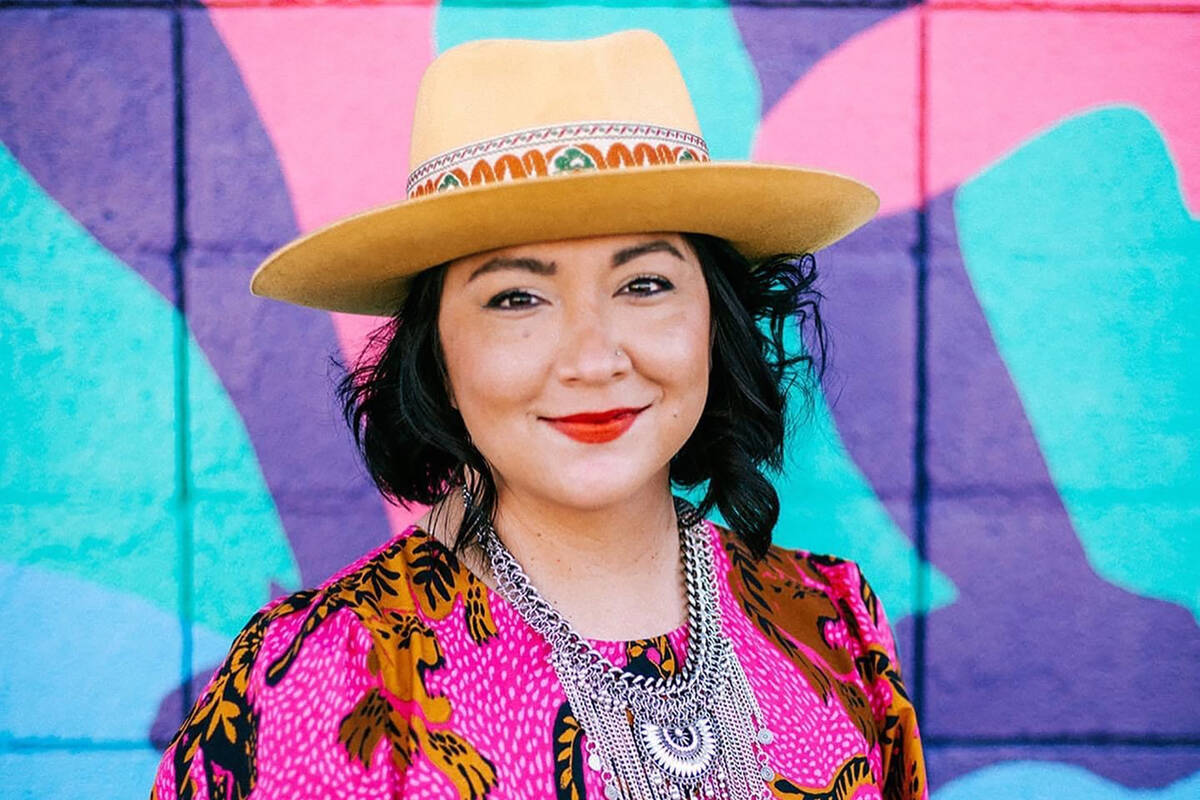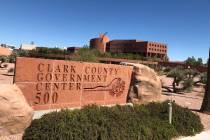‘We need to be loud’: Organization combating Nevada’s high suicide rate
September is National Suicide Prevention Month.
According to the Centers for Disease Control and Prevention, suicide is one of the leading causes of death in the United States, and historically, Nevada has had one of the highest suicide rates in the country.
Two demographics that have seen a spike in suicides, according to the Nevada Office of Suicide Prevention, are ages 18 to 24 and 65 and older.
One organization on the forefront of suicide prevention is the American Foundation for Suicide Prevention’s Nevada chapter. Its mission is to save lives and bring hope to those affected by suicide. It does this through creative programming, fundraising for suicide research and programs, educating the public on warning signs and risk, advocating for public policy, and providing support to survivors of suicide loss.
I recently caught up with Mai Tran, the area director of AFSP’s Nevada chapter. This interview has been edited for length and clarity.
Dr. Sheldon A. Jacobs: Why did you get into suicide prevention?
Mai Tran: I am a survivor of suicide loss. On April 2, 2013, I lost my cousin Casey to suicide. He was 25 years old, two weeks away from his 26th birthday and was an ex-Marine. It was something that shook me to my core.
Very shortly after that, I was searching for a way to find some inner healing. I started volunteering with the Crisis Text Line as a crisis counselor and have been working with them now for over nine years.
I started volunteering with AFSP in January 2022, and shortly thereafter it was announced that AFSP was looking for an area director for Nevada, which would be the first time they would have a director dedicated to Nevada.
In the past 10 years, I have lost four additional people to suicide, so for me this work is something I am very honored to be involved in.
What is something you want to accomplish through your work?
I want to normalize the conversation of suicide and mental health conditions to help remove the stigma of talking about it. I also want to help others connect to resources across demographics and educate on warning signs and risk factors that lead to suicide risk. My hope is to help others feel supported.
Do you think suicides are preventable?
Yes, I believe suicide is preventable. Do I think we will be able to eradicate suicides? I deeply wish I could say yes. There aren’t always visible signs from someone who might be having suicidal thoughts, and that’s why it’s so important to normalize and destigmatize the conversation of mental health challenges and suicidal thoughts — being able to say, “I’m not OK.”
I often say that we need to be loud about suicide — it’s uncomfortable, but I would rather be uncomfortable than grieving.
What are some things that AFSP Nevada is doing to combat suicide?
We are focusing on community outreach and trying to get into as many spaces as we can, such as schools, community events and resource fairs to share our resources and the many programs we have. We have been getting our free community education programs out into the community.
The goal of the education programs is to learn risk factors and warning signs of suicide and to learn a few tools to help support themselves or someone else.
Nevada AFSP is going to be a pilot chapter for the “Talk Saves Lives” program for the Black community. This will be a culturally competent program for the community. We will be facilitating the first program in the community on Sept. 16 at the Centennial Hills Library.
We are also hoping to expand the “Talk Saves Lives” program to the Latinx and LGBTQIA+ communities.
For additional information, email Mai Tran at mtran@afsp.org.
If you are thinking about suicide, or are worried about a loved one or friend, help is available 24/7 by calling or texting the Lifeline network at 988. Live chat is available at 988lifeline.org.
Dr. Sheldon A. Jacobs, Psy.D., LMFT, is a licensed mental health professional based in Las Vegas. Contact him at drjacobs10@hotmail.com. Follow @drjacobs33 on Twitter and Instagram.


















